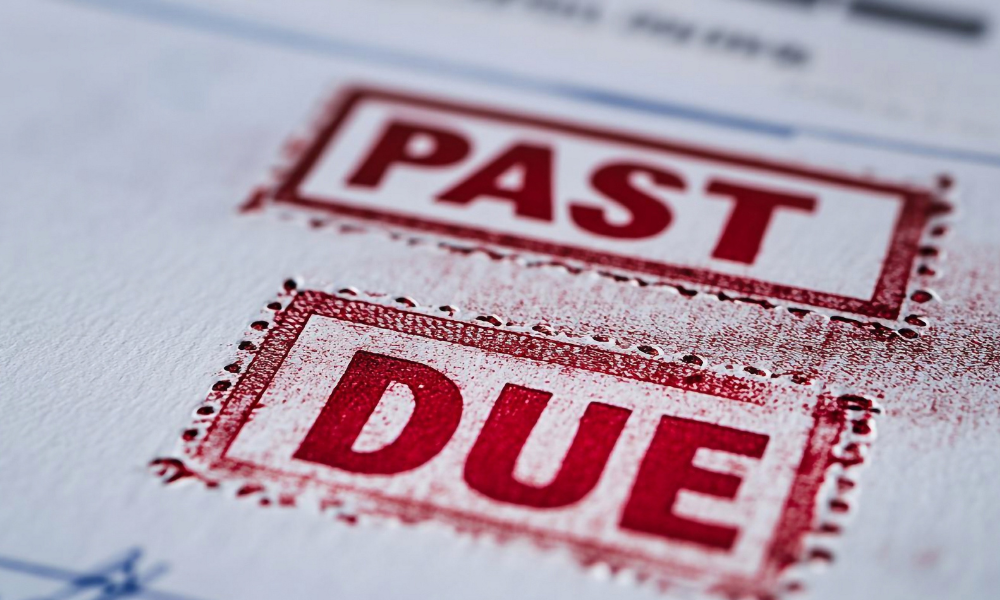Rising consumer debt and inflation hit government-backed borrowers hardest

Mortgage delinquency rates climbed in the fourth quarter of 2024, with government-backed loans, particularly FHA and VA mortgages, showing the steepest increases, according to the Mortgage Bankers Association (MBA).
The overall delinquency rate for one-to-four-unit residential properties rose to a seasonally adjusted 3.98% at the end of 2024, reflecting a six-basis-point increase from the previous quarter and a 10-basis-point rise from the same period in 2023. While conventional loan delinquencies remained near historical lows, government-backed loans showed a different trend.
“Although mortgage delinquencies rose only 10 basis points in the fourth quarter of 2024 compared to one year ago, the composition of the delinquencies changed,” said Marina Walsh, vice president of industry analysis at MBA. “Conventional delinquencies remain near historical lows, but FHA and VA delinquencies are increasing at a faster pace. By the end of the fourth quarter, the spread between the FHA and conventional delinquency rates reached 841 basis points, while the VA and conventional spread was 208 basis points.”
At the end of 2024, the delinquency rate for FHA loans surged 57 basis points to 11.03%, while VA loans saw a 12-basis-point increase to 4.70%. In contrast, conventional loan delinquencies decreased by one basis point to 2.62%.
The gap between FHA and conventional delinquency rates widened to 841 basis points, while the spread between VA and conventional delinquencies reached 208 basis points.
“Government loans are also rolling to later stages of delinquency,” Walsh said in the report. “Compared to one year ago, the seriously delinquent rate rose 70 basis points for FHA loans and 57 basis points for VA loans, but only two basis points for conventional loans.”
The seriously delinquent rate, which includes mortgages 90 days or more past due or in foreclosure, stood at 1.68%, marking a 13-basis-point quarterly increase and a 16-basis-point rise year-over-year.
Read next: US housing market faces historic decline
Despite a relatively strong labor market, other economic stressors are weighing on borrowers—particularly those with FHA and VA loans. Inflation, lower personal savings, higher consumer debt, rising tax and insurance costs, and increased debt-to-income ratios have made government-backed borrowers more vulnerable than conventional loan holders, according to Walsh.
Stay updated with the freshest mortgage news. Get exclusive interviews, breaking news, and industry events in your inbox, and always be the first to know by subscribing to our FREE daily newsletter.



